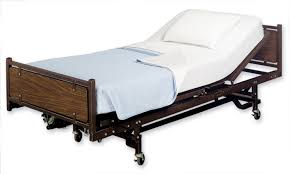Filled with Music: A Conversation with Rosh Kollel Rabbi Dovid Lipson

If the WWW hadn’t asked me to write an article about an upcoming chamber music concert – where a Rosh Kollel, Rabbi Dovid Lipson, would be playing piano – I more than likely would never have considered attending, even if I had noticed the advertisement. Although I have enjoyed classical music occasionally in the past (Dvorak comes to mind), and I have a fairly eclectic taste in music, classical music wasn’t something on my usual “playlist.” But because music itself has been on my mind these past few months – I have been preparing various articles on the subject – I was eager to speak with yet another musician, particularly one who is a Rosh Kollel, who would surely offer unusual insights. What a privilege it was to even speak with such a person!










